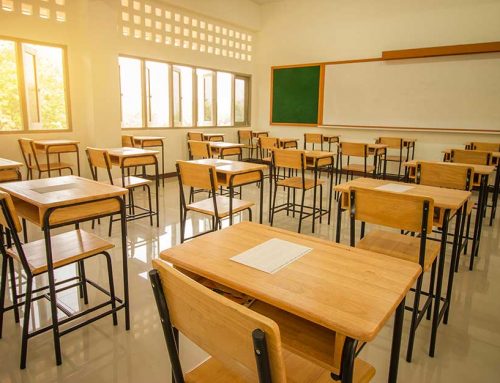Teaching and learning in the MYP involve understanding concepts in context. Global contexts provide a common language for powerful contextual learning. As educators, we need to understand that students’ conceptual knowledge is not naturally developing in our inquiry units, but we must explicitly teach the concepts for greater understanding to occur. We must also understand the same applies to learn within global contexts. The MYP gives us six Global Contexts, which help provide a framework for conceptual understanding, by providing real-life contexts for learning.
When teachers select a global context for learning, they are answering multiple questions which help them to visualize the unit through the lens of the global context. A couple of questions may include ‘Why will students engage in this inquiry?’, ‘Why are these concepts important and why should students learn them?’ MYP Global contexts provide common points of entry for inquiries into what it means to be internationally-minded, framing a curriculum that promotes multilingualism, intercultural understanding and global engagement. These contexts build on the powerful themes of global significance and structure teaching and learning by creating relevance for learners.
The Global Contexts- Personal and Cultural Expression, Identities and Relationships, Orientation in Time and Space, Fairness and Development, Scientific and Technical Innovation and Globalization and Sustainability – help MYP teachers to design relevant inquiry units that are engaging for the students. These Global Contexts create a more relevant reason for learning and motivate students’ thinking even further than just teaching the concepts and content.
Keeping this framework in mind, The IB gives schools the freedom to create a curriculum that is relevant to their own setting and needs. What schools must do to ensure the effectiveness of the curriculum is to ensure that it is relevant to the lives of students. Learning activities should be designed to utilize student experiences to real-world problems. When done properly, it will transform the students’ focus from a dependent learner to self-motivated independent learner.
The Partnership for 21st Century Skills stated it like this: “when students realize the connection between what they are learning and real-world issues that matter to them, their motivation soars, and so does their learning.” The curriculum at the Gaudium school revolves around these Global contexts and are central to our students’ learning journey. The concept and context-based learning in the MYP journey will enable our students to be future-ready and deal with every challenge with ease by applying their classroom knowledge in familiar and unfamiliar contexts.






Leave A Comment